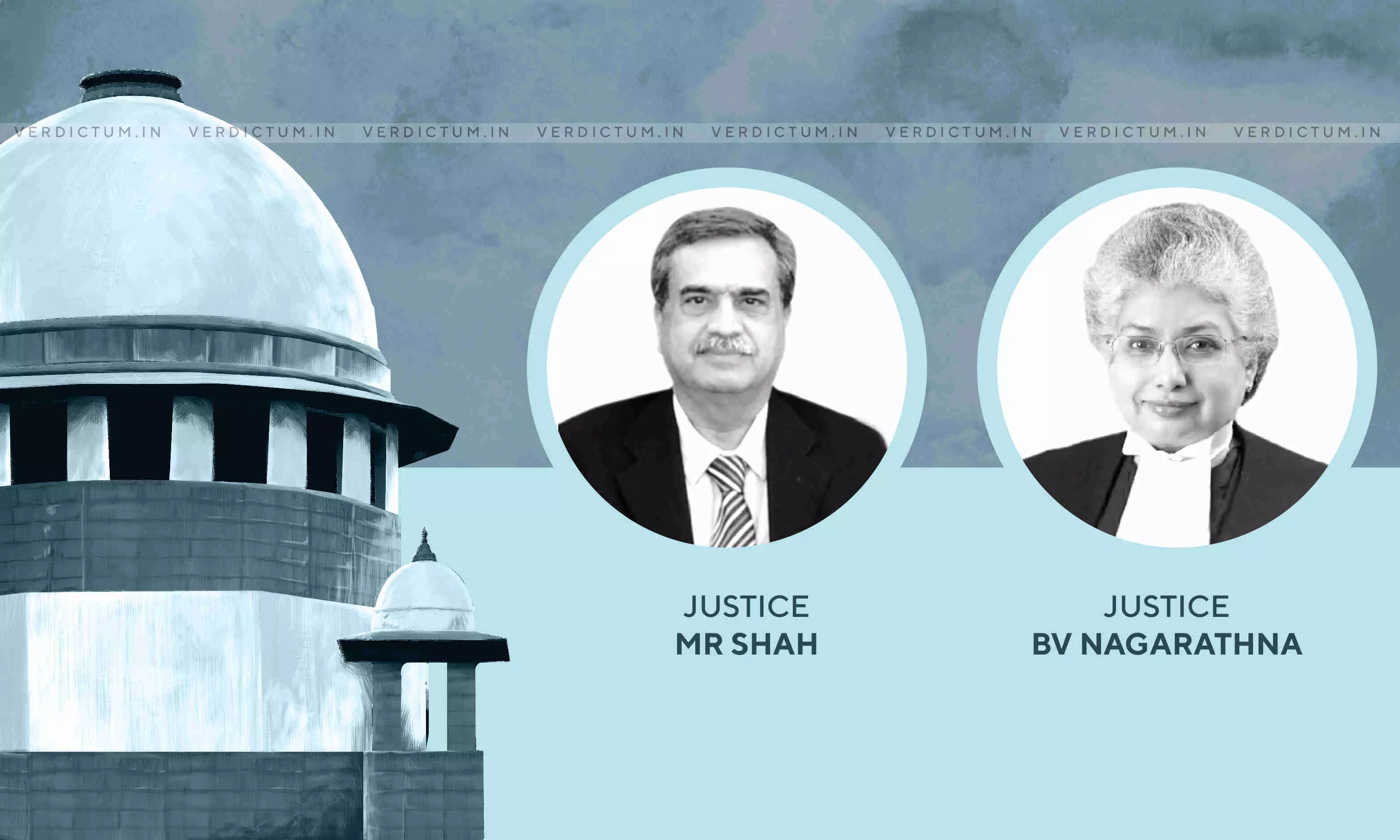
Article 226 - High Courts Must Adjudicate Upon All Issues Before Passing Reasoned Order - Supreme Court
 |
|A two-judge Bench of Justice M.R. Shah and Justice B.V. Nagarathna has held that High Courts in the exercise of their powers under Article 226 of the Constitution must adjudicate upon all issues before passing any reasoned order.
Mr. Balbir Singh ASG appeared on behalf of the Revenue, and Appellants were represented by Mr. Devendra Jain Counsel.
In this case, the Apex Court noted that the reopening of the assessment under Section 148 of the Income Tax Act was challenged before the High Court on a number of grounds and none of the grounds were dealt with or even considered by the High Court on merits.
Further, the Court also noted that when a number of issues/grounds were raised in the writ petitions, it was the duty cast upon the court to deal with the same and thereafter, to pass a reasoned order.
The Bench also held that whether the question of reopening the assessment could be raised in a writ petition was to be considered independently.
Relying upon the judgment of Central Board of Trustees Vs. Indore Composite Private Limited, the Bench held that Courts need to pass a reasoned order in every case which must contain the narration of the bare facts of the case of the parties to the lis, the issues arising in the case, the submissions urged by the parties, the legal principles applicable to the issues involved and the reasons in support of the findings on all the issues arising in the case and urged by the learned counsel for the parties in support of its conclusion.
Supreme Court relied upon Union Public Service Commission Vs. Bibhu Prasad Sarangi and Ors. in which it was held that reasons constitute the soul of judicial decision and how Judges communicate in their judgment is a defining characteristic of the judicial process.
Supreme Court held that orders of the High Court are cryptic, nonspeaking, and nonreasoned orders.
Accordingly, the Court allowed the appeals and set aside the order of the High Court, and remanded the matter to the Division Bench of the High Court for fresh consideration of the Writ Petitions.
Click here to read/download the Judgment